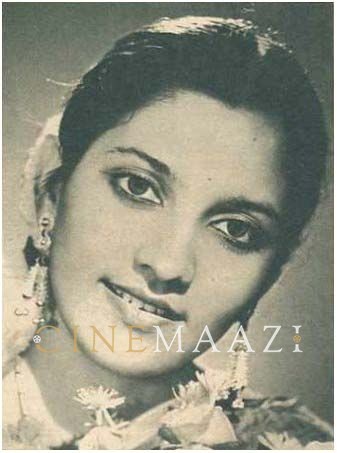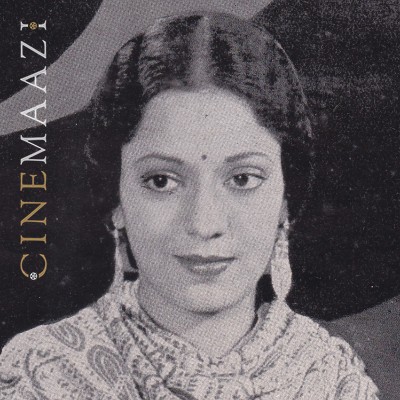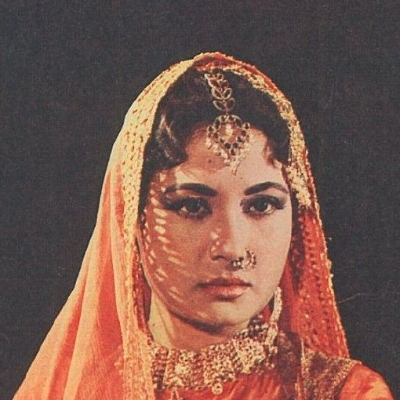Kamal Barot

Subscribe to read full article
This section is for paid subscribers only. Our subscription is only $37/- for one full year.
You get unlimited access to all paid section and features on the website with this subscription.
Not ready for a full subscription?
You can access this article for $2 , and have it saved to your account for one year.
- Born: 18 January 1936 (Africa)
- Primary Cinema: Hindi
Born in a Gujarati family settled in Africa, Kamal Barot was a music enthusiast, and aspired to become a singer even as a young girl.
She moved to Bombay in the 1950s to try her luck in the world of Hindi film music. She received her first break in Sharada (1957), in which she sang a song along with Asha Bhosle, Shamshad Begum and Chandrabala. The song was Yeh subah subah kya karte aap. Despite this early break, it was a while before other opportunities came her way. It was a chance meeting with Kalyanji a couple of years later that worked in her favour. She was chosen to sing one duet each in two films to tunes set by Kalyanji-Anandji: a duet with Lata Mangeshkar for the film Madari (1959), Akeli mat jaana and a duet with Subir Sen for O Tera Kya Kehna (1959), Dil leke jaate ho kahan.
In the early years of the sixties, she sang some songs that remain popular to this day. Some of these included the wonderful Suman Kalyanpur-Kamal Barot duet, Garjat Barsat saawan aayo re (Barsaat ki Raat, 1960, Roshan), Dadi amma dadi amma maan jao (Gharana, 1961, along with Asha Bhosle and Ravi), and the classic from Parasmani (1963), Hansta hua noorani chehra. She also lent her golden voice to songs like Na jaane chand kaisa hoga (Rocket Girl, 1962, Mukesh, Chitragupta), Mera bandar chala hai sasural (Zindagi Aur Khwab, 1961, Rafi, Dattaram), O tera chup chup ke chala aana (Sangram, 1965, Rafi, Lala Asar Sattar), and Dhadka toh hoga dil zaroor (CID 909, 1968, Asha Bhosle, OP Nayyar).
In a short career that lasted nearly 2 decades, Kamal Barot did receive her fair share of lilting numbers. Few, however, remember her as one of many voices in an era dominated by the Mangeshkar sisters.










.jpg)



